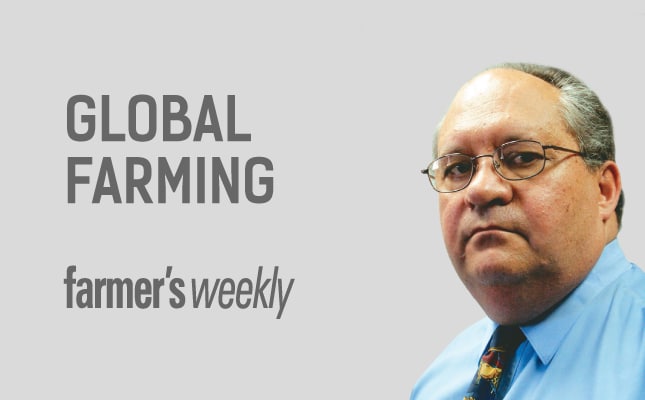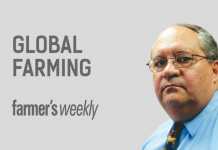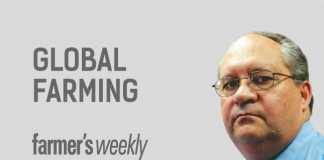
After the Great Depression of 1933, economists such as John Maynard Keynes asserted that ‘depressions’ are unlikely to correct themselves – they need government intervention to correct the imbalance between supply and demand.
READ:Global growth slowing down
In 2008, governments knew exactly how to get their economies out of the recession. They increased direct spending in the economy.
In the main, it worked. Global economic growth accelerated from -6,8% in 2008 to 5,8% in the first quarter of 2010.
Unfortunately, this higher growth did not continue. The private sector was too slow in taking over government’s role and start investing in the economy.
By 2013, global growth was down to 3%, while the US recorded 2,2% and the eurozone -0,4%. This created serious problems for over-extended governments who had to repay huge loans caused by the enormous amounts spent to get out of the recession. By 2013, Greece already owed 163% of its GDP, Italy 127%, France 101% and the US 94%.
Government or ‘sovereign’ debt differs from other debt in that lenders can do nothing to recover their money if a country refuses to repay its debt or change the conditions for repayment.
The Greek crisis came about because lenders erroneously decided that Greece’s membership of the EU provided a safety net for loans. This false confidence in a country traditionally seen as ‘high risk’ when it came to loans saw huge amounts of money being lent to Greece at highly favourable rates.
When Greece was unable to service its outstanding debt, it ran to the EU and International Monetary Fund (IMF) for help. After much discussion and even a referendum in Greece, the IMF withdrew from negotiations, while relations between the EU and Greece soured.
Global economic outlook
In its most recent World Economic Outlook update, the IMF lowered its estimated economic growth for 2015 to 3,3% (0,2 percentage points lower than the April 2015 estimate). The main reason cited for the lower estimate was slower-than-expected economic growth in the US.
In emerging and developing market economies, growth weakened as expected due to lower commodity prices and other factors. The advanced economies are expected to grow by 2,1% in 2015, up from 1,8% in 2014, and by 2,4% in 2016.
In the US, an increase in both consumption and investment as wages are increased and lower fuel prices should drive growth in 2015/2016.
In most EU countries, the economy is recovering and inflation pressure is lower. The single exception is Greece.
In developing and emerging economies, growth will slow down from 4,6% (2014) to 4,2% (2015) but is expected to increase to 4,7% in 2016.
Forecast for South Africa
The GDP growth rate of the economies of the sub-Saharan region is expected to increase from 4,1% (2015) to 4,4% in 2016. However, the IMF warns that financial markets remain volatile and the risk of capital fleeing from emerging market economies is high. Appreciation of the US dollar will negatively affect dollar debtors, especially in emerging markets.
China’s transition to a new growth model and geopolitical tensions in the Ukraine, Middle East and parts of Africa pose further risks to the growth forecast. For South Africa, the IMF forecasts growth of 2,0% for 2015 and 2,1% for 2016. In its June 2015 monetary policy review, the SA Reserve Bank notes the factors inhibiting growth. These include:
Weaker global demand at lower commodity prices, resulting in lower export earnings; Less investment as business confidence remains low and households pay off loans built up in the pre-crisis boom period; Government’s attempts to consolidate its huge debt burden and cut down on expenditure.
Finally, electricity shortages, a major factor that limits economic growth, will probably continue in the medium term.
Agricultural outlook
Slow economic growth will limit the growth in food demand. However, the shift in the population’s income distribution, with more people joining the middle-class daily, will drive the demand for food, especially protein foods.
Economic growth in sub-Saharan countries will continue, and with increasing populations and urbanisation, will create growing markets for South Africa’s food products.
Dr Koos Coetzee is an agricultural economist at the MPO. All opinions expressed are his own and do not reflect MPO policy.



